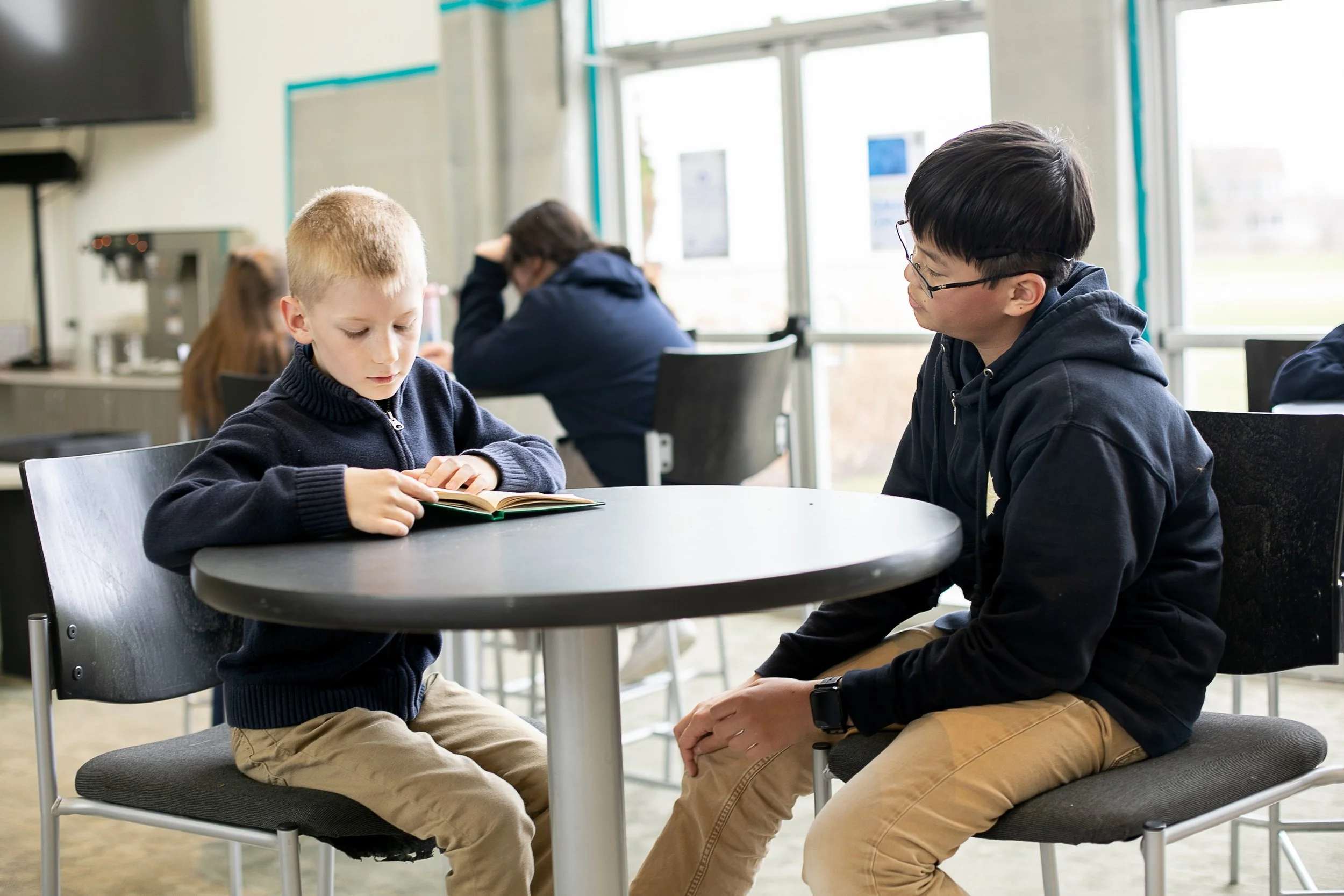Once students have furnished their minds with the concrete grammar of a field of study, they naturally move on to asking questions, analyzing, thinking more abstractly, and making connections. This is the perfect time to transition to the next tool of learning: Logic. Logic students begin studying the various types of thinking fallacies, informal and formal logic. Using these skills and Aristotle’s thinking framework known as the five common topics (definition, comparison, relationship, circumstance, and testimony) students learn to think more deeply. They eventually start constructing their own arguments and analyzing the arguments of others for their validity.

